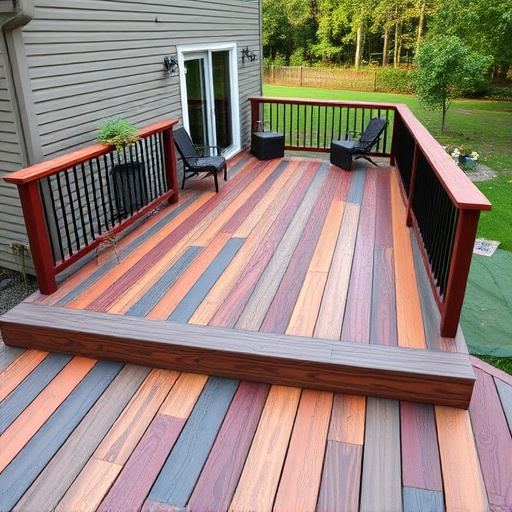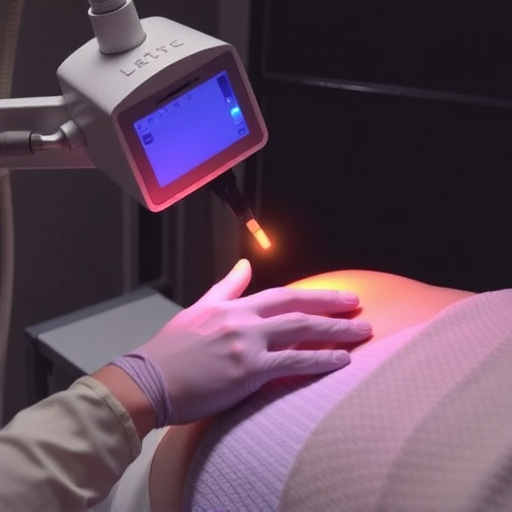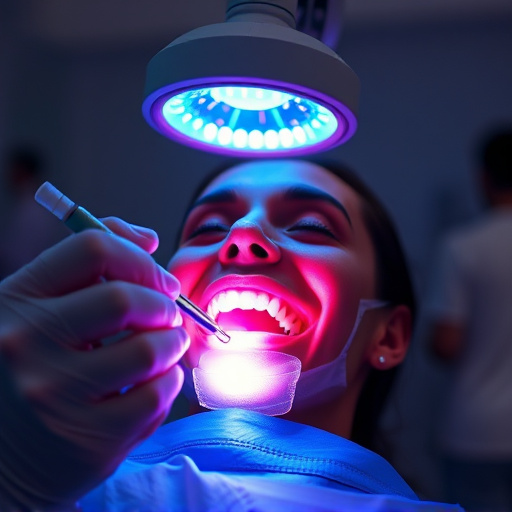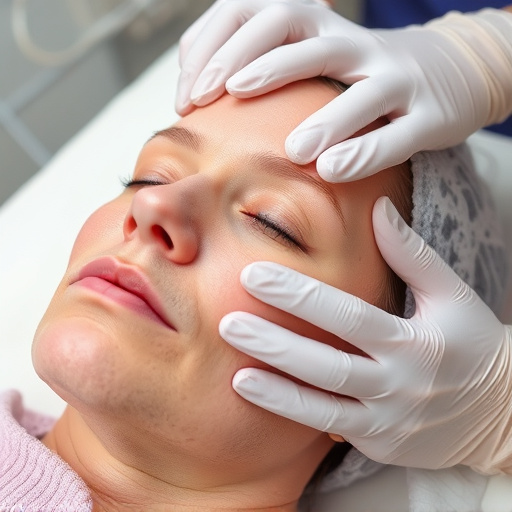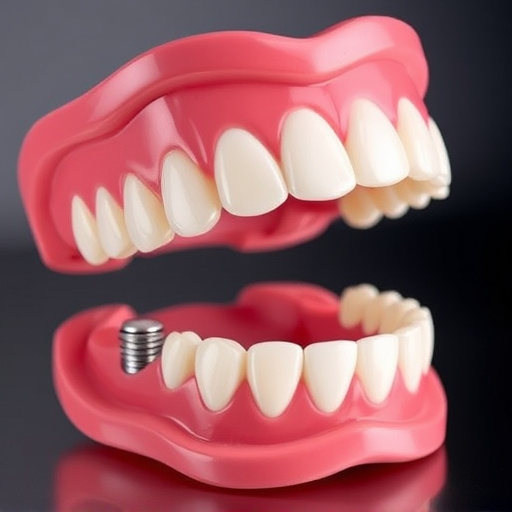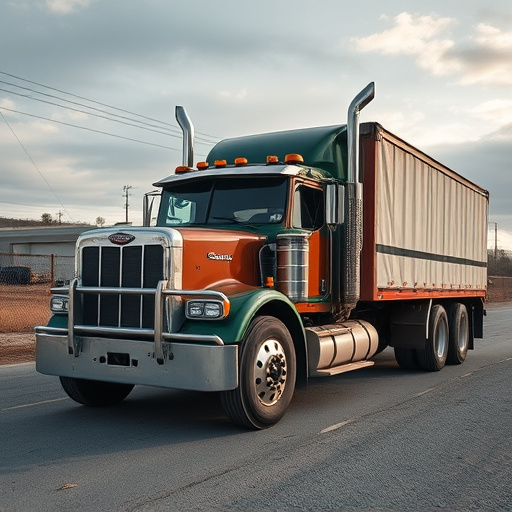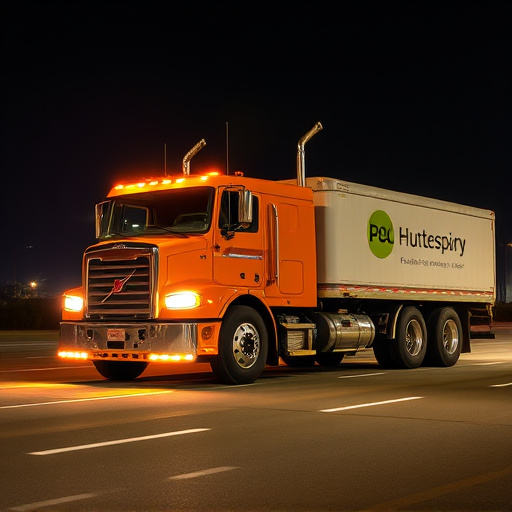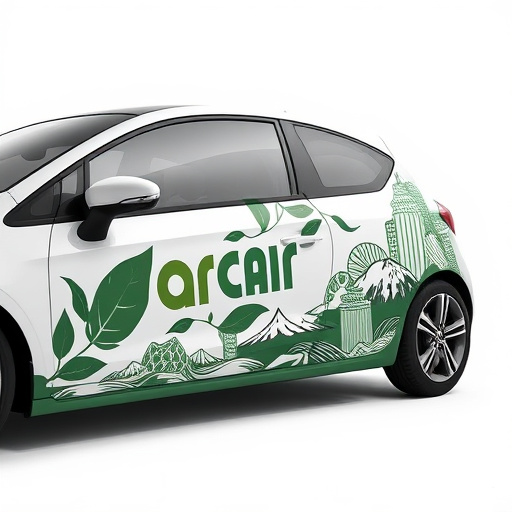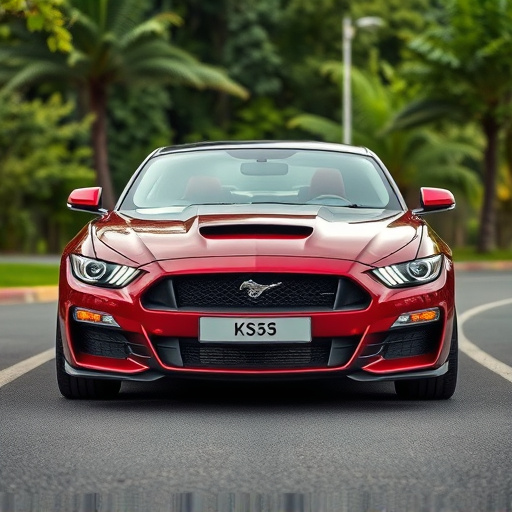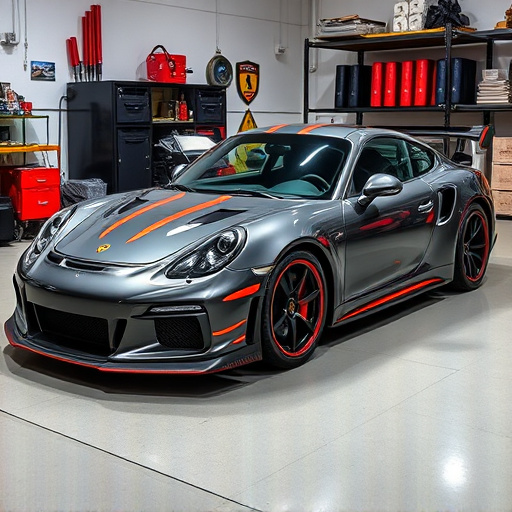Before opting for UV protection tinting, carefully assess your vehicle's suitability, focusing on paint condition, window types, and structural integrity. Modern laminated glass vehicles are ideal for direct tinting due to superior heat rejection properties. Older cars or damaged windows may require custom wraps for effective UV protection without permanent tinting. High-quality tints from reputable providers offer optimal results while maintaining visibility. Inspect glass for defects like cracks and consider specialized coatings for enhanced UV blocking.
Before applying UV protection tinting, ensure your vehicle is ready for optimal results. This comprehensive guide walks you through preparing your car, from assessing its eligibility with detailed insights on glass type and condition, to meticulous pre-treatment preparation involving exterior and interior cleaning with recommended products. Learn strategies to protect your vehicle during installation and essential post-tinting care tips for long-lasting UV protection.
- Assessing Your Vehicle's Eligibility for UV Tinting
- – Understanding the suitability of your vehicle's windows for tinting
- – Factors to consider regarding glass type and condition
Assessing Your Vehicle's Eligibility for UV Tinting
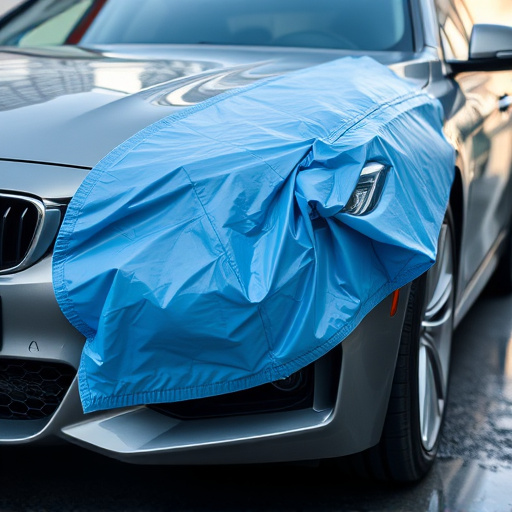
Before embracing UV protection tinting for your vehicle, it’s crucial to assess its eligibility. Not all cars are suitable candidates for this treatment. Factors like the age and condition of the vehicle’s paint, window types, and overall structural integrity play significant roles in determining compatibility. If your car has undergone previous repairs or has signs of damage, it might require specialized attention before applying UV tinting. Custom vehicle wraps could be an alternative solution in such cases, ensuring both protection and aesthetic appeal with high-quality finishes. However, for many vehicles, UV protection tinting offers a direct and effective way to safeguard against harmful UV rays.
During your assessment, consider the type of windows your car has. Some glass types naturally provide better insulation than others. Older vehicles might require additional preparations to ensure optimal results from the UV tinting process. It’s also important to remember that not all UV tints are created equal; high-quality finishes offer superior protection without compromising visibility or interior comfort. Therefore, choosing a reputable service provider who specializes in UV protection tinting is key to ensuring your vehicle’s eligibility for this valuable treatment.
– Understanding the suitability of your vehicle's windows for tinting
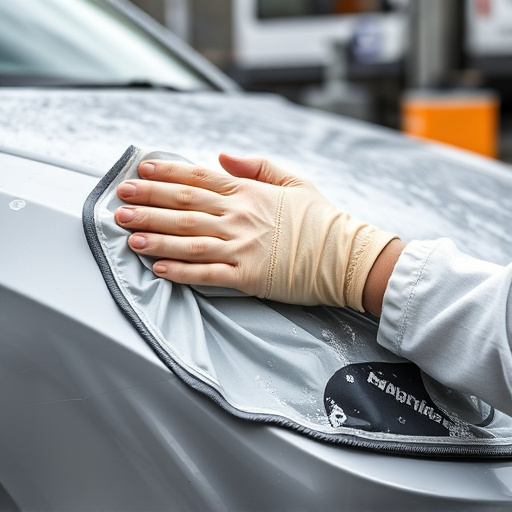
When considering UV protection tinting for your vehicle’s windows, it’s crucial to understand the suitability of your glass. Not all windows are created equal, and factors like type, age, and quality can impact the application process. Modern vehicles often come with high-quality laminated glass, which is ideal for tinting as it provides excellent heat rejection properties, enhancing both comfort and safety. Older or less premium windows may present challenges; they might not adhere to tint films as well, leading to bubbles or an uneven finish.
Custom vehicle wraps can be a solution if your windows aren’t suitable for direct tinting. These wraps offer a wide range of colors and finishes, allowing you to achieve a similar UV protection effect without the need for permanent tinting. Premium automotive services often provide both options, ensuring the best outcome based on your specific vehicle’s needs.
– Factors to consider regarding glass type and condition
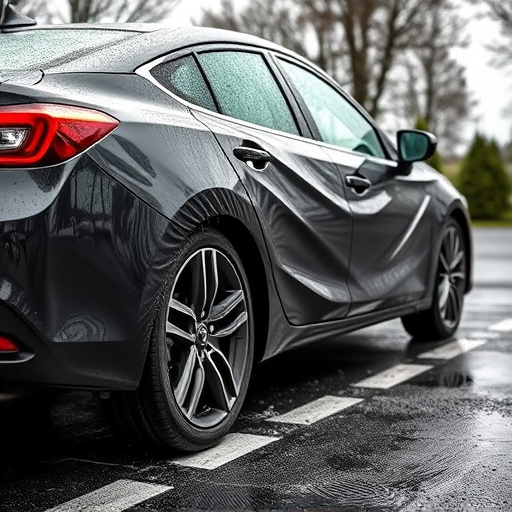
When preparing your vehicle for UV protection tinting, understanding the glass type and its condition is paramount. Different types of glass have varying levels of transparency and UV filtering properties. For instance, older vehicles may have polycarbonate or tempered glass, which can degrade over time, affecting their ability to block harmful UV rays. In contrast, newer cars often feature laminated glass, known for superior strength and enhanced UV protection. Assessing the overall condition of the glass is crucial; cracks, chips, or scratches can compromise the effectiveness of the tinting by allowing UV radiation to penetrate more easily.
Additionally, consider the specific requirements of your vehicle’s window areas. Side windows and sunroofs may require specialized ceramic coating or ceramic window tinting for optimal protection against heat and UV rays. These advanced protective layers not only enhance the durability of the glass but also contribute to improved vehicle protection from both environmental elements and potential damage caused by UV exposure.
Before applying UV protection tinting, ensuring your vehicle is eligible and properly prepared is crucial. By understanding the suitability of your windows and the glass’s condition, you can achieve optimal results. This process involves assessing factors like glass type and any existing damage. With the right preparation, UV tinting will not only enhance your vehicle’s aesthetics but also provide long-lasting protection against harmful UV rays.

